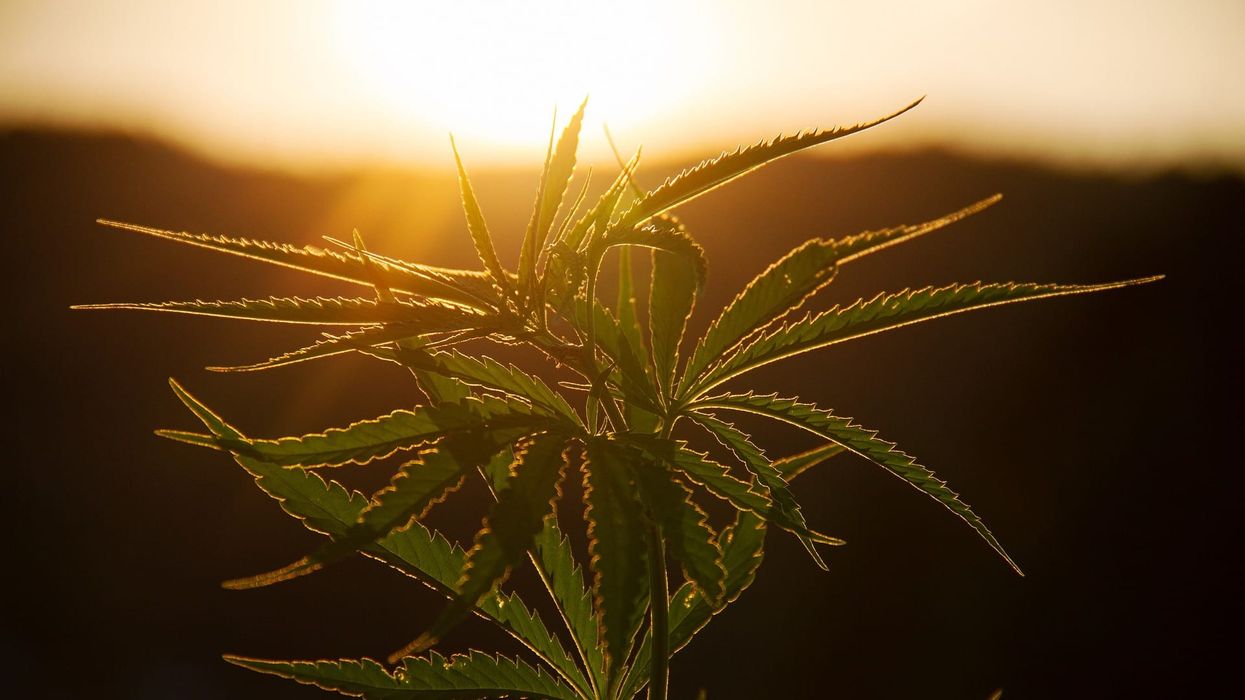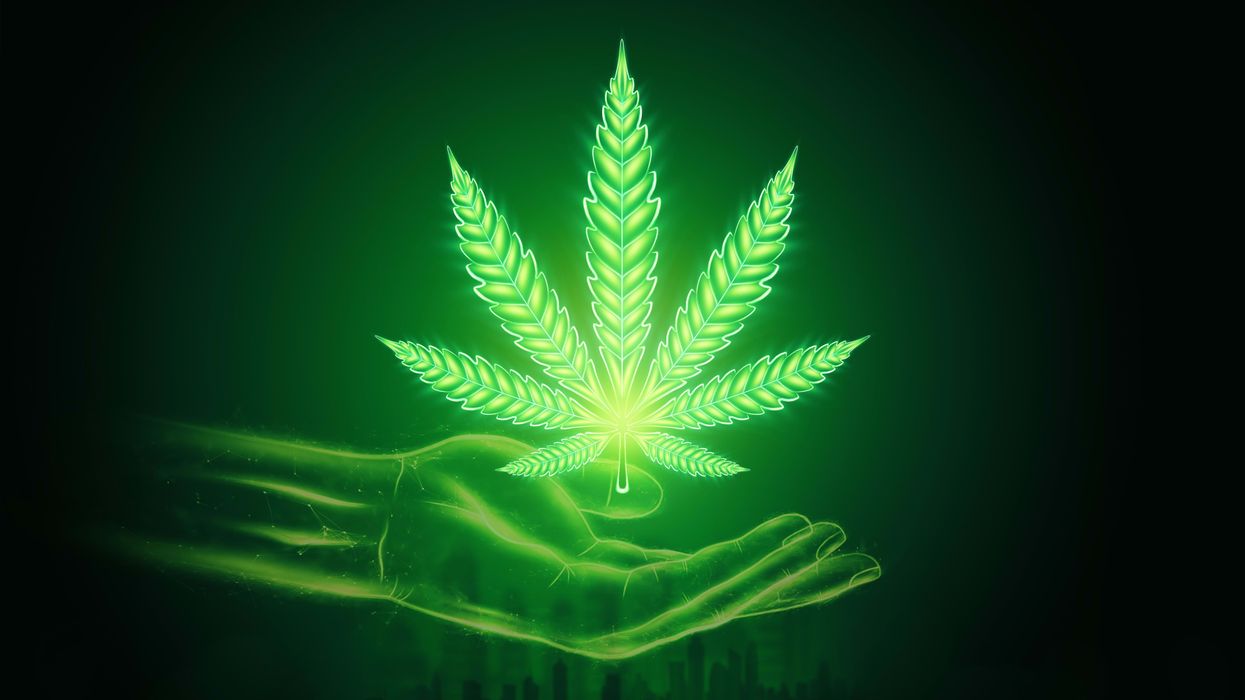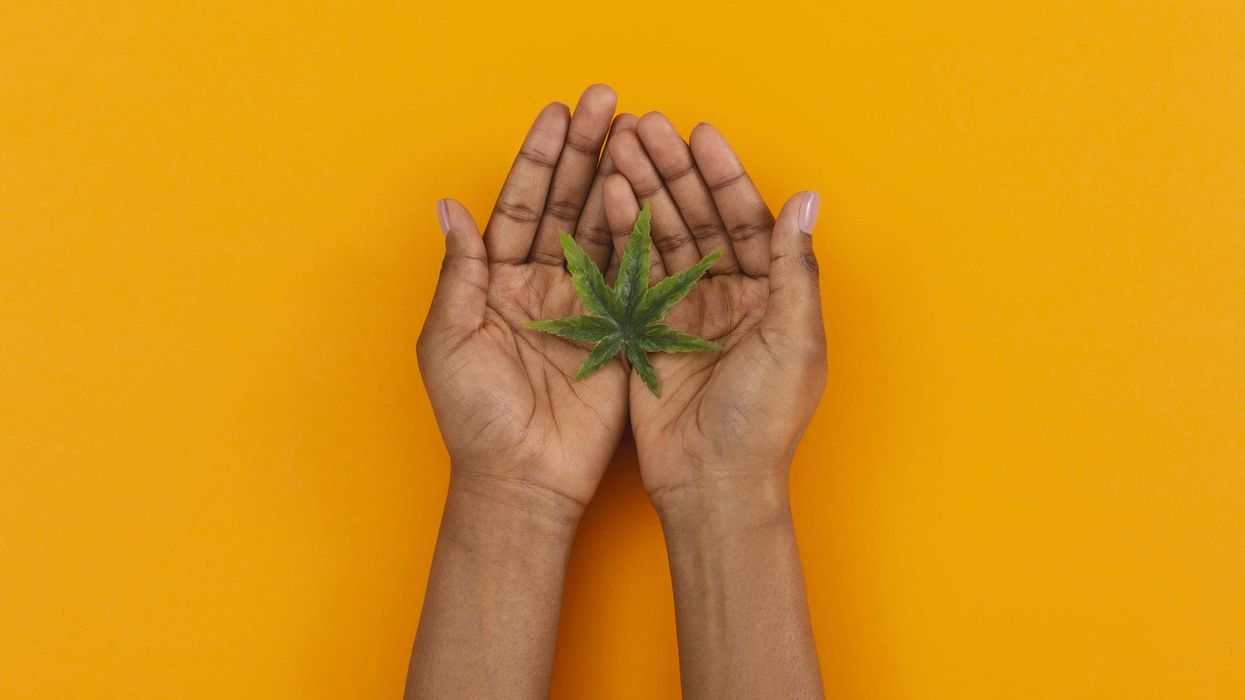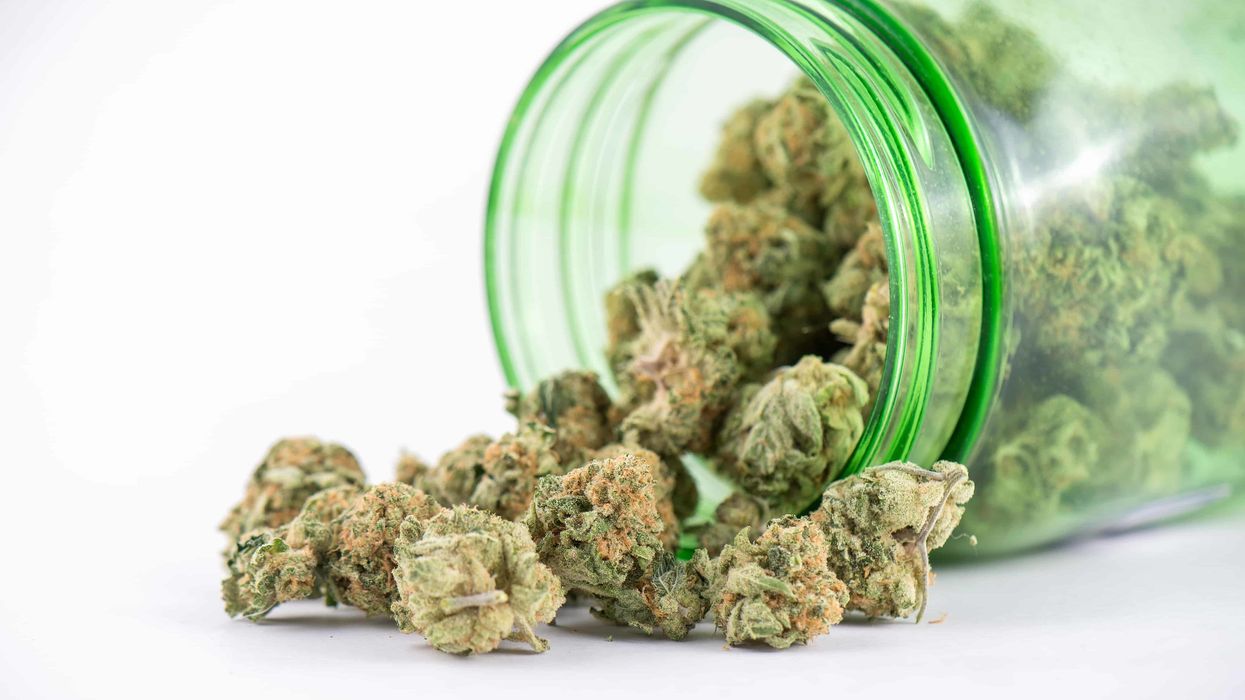Native American tribes and communities have utilized cannabis for centuries, for medicinal, spiritual, and holistic purposes, but they’ve been shut out of the legal industry as it develops.
To combat this, the Native American Cannabis Alliance (NACA) has joined forces with cannabis company Everscore to sign three memorandums of understanding with Indigenous farmers from the Mohawk, Cheyenne, and Arapaho Tribal Nations, supporting the activation of over 500,000 acres of tribal farmland to cannabis farming.
NACA and Everscore Bring Equity to Native Americans in Cannabis
The Native American Cannabis Alliance is the first multinational sovereign alliance, and largest source of cannabis cultivation capacity in the world. The team bridges the supply chain gap by creating a collaborative ecosystem that benefits tribal communities and their contributions to the industry.
Founded in 2019, Everscore is the first direct-to-consumer marketplace that connects consumers with cannabis products that work for their needs.
The company prides themselves on their dedication to inclusion and equity in cannabis, which is why this collaboration with NACA made so much sense to them.
The series of ground-breaking agreements Everscore has made with NACA will help Indigenous cannabis farmers do their jobs by providing them land, developing manufacturing facilities to process the cannabis, and providing them with workplace development opportunities and access to off-take agreements by brands selling with Everscore.
“It is self-evident that nothing is more fundamental to the success of Everscore – or the cannabis industry – than the cannabis plant itself. It’s also self-evident that Native American farmers are this country’s original cultivators of the plant,” said Jeff Sampson, CEO at Everscore.
“However, ‘grow it and they will come’ is foolish. Everscore’s data capabilities (AI, machine learning, etc.) help understand and predict demand. Forming an alliance with Indigenous cannabis farmers to address the supply side of the equation seemed obvious.”
This plan aims to help Indigenous farmers gain economic sovereignty, more job opportunities, and a stronger grip on the cannabis industry, which they have been crucial in developing from the community’s humble underground beginnings.
“Our reservation in Akwesasne is an international community with a lot of small business development and retail offerings. Too quickly though, a dollar generated here is spent off-territory. True economic sovereignty allows for the wealth generated here to stay here and ensure it will profit those who were instrumental in that wealth establishment,” said Roger Jock, representative of the Mohawk Bear Clan.
“The end result and success of NACA will be to take that dynamic and expand the circle of wealth generators to create a new sense of inclusion, as well as a wider economic gain for a greater number of contributors.”
Despite Lack of Representation, Native American Tribes Have Helped Form The Cannabis Community For Centuries
Beyond the cannabis industry and throughout the country, Native American communities have regularly been cast aside, disregarded, and abused by the rest of the nation. Their consistent lack of resources and funding results in communities riddled with health challenges like heart disease, diabetes, tuberculosis, cancer, and suicide.
More opportunities surrounding cannabis will not only benefit the Native American community by granting them access to the industry and the financial benefits that come along with that – providing Native Americans with safe access to cannabis can have a positive impact on their overall health and living conditions.
While the nation has consistently let these tribes down in massive, inhumane, harmful, and even fatal ways, the cannabis industry and this agreement aim to right some of these wrongs, one plant at a time.
“Our people come from a rich heritage of cultivation and the cannabis industry provides an historical opportunity for First Nations to work together to shape the future of the industry and provide sovereignty to our communities,” said NACA’s Executive Director, Tim Houseberg, in a press release.
“Through NACA, Indigenous farmers will be known worldwide for their quality products by brands and consumers alike.”
Jock also speaks to the traditions within the Akwesasne Mohawk Nation territory, which straddles New York and Ontario.
“In Akwesasne, we have generations of healers who relied upon natural remedies and plant-based medicine to keep our people safe for the future. The knowledge was passed down through families to keep that know-how intact,” Jock told The Bluntness.
“Cannabis is another agricultural medicine that we value. The responsible usage and handling of cannabis has led to breakthrough treatments for many people who use it, Native American or otherwise. We contribute to the industry by invoking that medicinal status at Native Americans.”
Despite lack of representation within today’s legal industry, Native Americans have been utilizing cannabis to their benefit for generations. Their unique perspective and knowledge of the plant could be incredibly beneficial to cannabis consumers everywhere, if they’re willing to listen.
How This Agreement Will Protect Native Americans in Cannabis
Through this agreement, NACA and Everscore have come together on a few goals they want to see happen: ensuring a vibrant, sustainable, and direct pathway exists between Native Americans and the cannabis industry, providing Indigenous people with advantaged access to the technological tools and delivery systems they need, and getting the hemp and cannabis they cultivate into the hands of buyers.
“This agreement provides sure footing for our Native American growers to realize tangible gains through unity and collaboration. Imagine if all of the Native American communities came together. What might they achieve?” Jock said.
“An agreement like this creates a tool by which we can participate at a level of our choice to reach goals that we set for ourselves.”
As the legal industry continues to expand across the nation and throughout the world, it needs to ensure that all communities who’ve been negatively affected by cannabis prohibition and subsequently shut out of making a profit in the legal market are given fair and equitable opportunities today.
“No one can limit what we can accomplish except ourselves,” Jock said. “Coming together in this way is the point of the arrowhead that will lead us into greater success both individually and for our people.”
Everscore’s team wholeheartedly agrees and plans to utilize their platform to continue helping these negatively affected communities find their spot in the industry.
Through the agreement, they’ve established their dedication to ensuring that access to the cannabis industry does not disproportionately favor any one community, but instead acts as a catalyst and enabler of a more just and equitable world.
“Social equity requires economic equity to fuel it to its full potential. Each and every partner of Native American growers has to feel included in paddling towards that potential realization, even if at times it feels like paddling upstream,” Jock said.
“The distribution of gains on Native American territories will start with the hands-on workers and proceed from there. The roadmap is simple if we build it from the ground up. Equity will never be lost on those who value it as the cost of doing good business.”
Need a little more Bluntness in your life? Sign Up for our newsletter to stay in the loop.
















